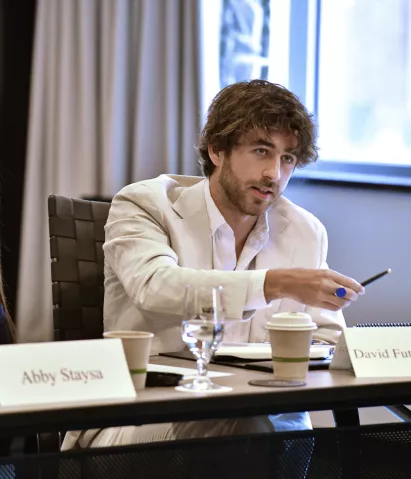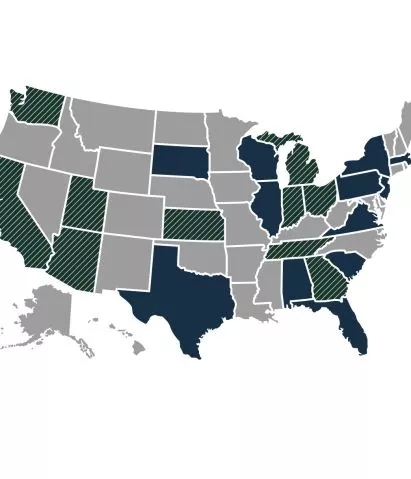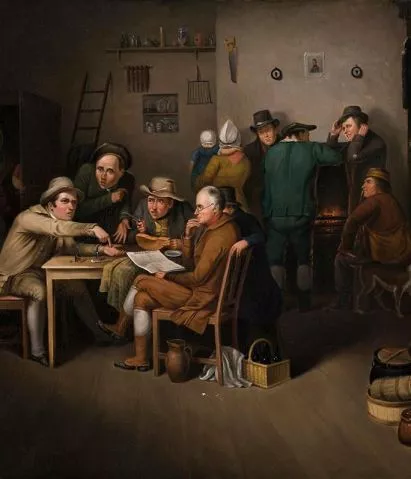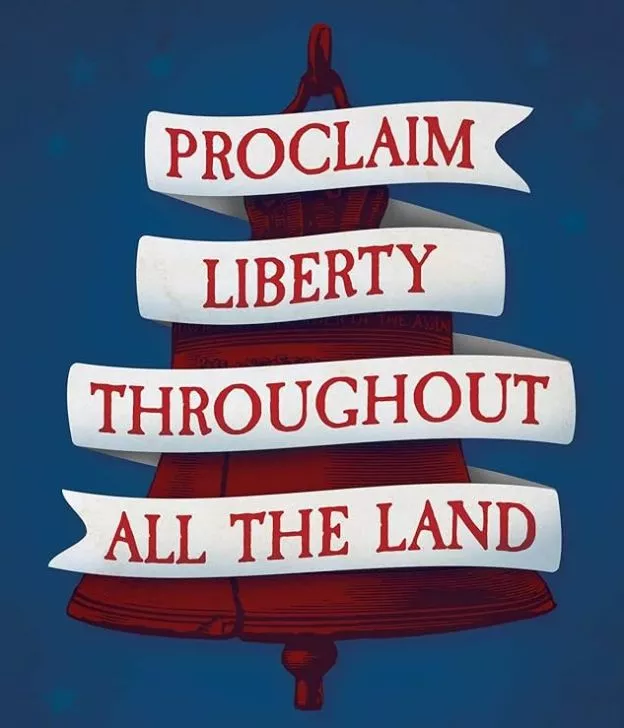Resources
Stay informed and connected on the latest news in American civic education. The Jack Miller Center website provides a range of resources to delve deeper into American political thought and history, including articles, videos, teaching tools, and publications.
Apply Now: 2025 Teaching Excellence Awards
The Jack Miller Center’s Teaching Excellence Award honors one K–12 and one college educator who bring the story of America to life through primary sources, innovative courses, or civic-focused activities.
Winners receive a $2,000 prize.
Nominate an outstanding educator—or apply yourself—today.

General resources

Educational Videos
Webinars, Interviews, & Lectures
Learn more about the Jack Miller Center and our work to advance civic education by teaching America’s founding principles and history nationwide.

Scholars
Academic Career Opportunities
Discover a wide range of opportunities for scholars at every career stage, including research proposals, job openings, fellowships, and more.

K-12 Teachers
Teaching Resources & Awards
Explore a range of resources for K-12 teachers including lesson plans for primary source texts, teaching awards, fellowships, and more.

Primary Source Library
ContextUS
Visit JMC’s American political tradition library, offering free access to texts, translations, and commentaries for all to engage in studying, interpreting, and shaping American political history.
Stay up to date on the latest news, events, and resources with our email newsletter.
Subscribe nowPopular teaching resources
The Jack Miller Center offers a variety of resources for learning more about American political thought and development. These include articles, videos, useful websites, and fellows’ publications.
- ContextUS— A Living Library of the American Political Tradition
- American Culture in the Civil War Era (undergraduate sample syllabus)
- The Fourteenth Amendment: history, ratification, and reaction (learning module)
- Thomas Paine and reasons for rebellion in Common Sense (learning module)
- The Eighteenth and Twenty-First Amendments (learning module)
- 11th Amendment teaching guide (K-12 lesson plan)
Civic education news

Interview
An interview with Professor Mark David HallJMC Resident Historian Elliott Drago sat down with JMC Faculty Partner Mark David Hall to discuss his most recent book, Proclaim Liberty Throughout All the Land: How Christianity Has Advanced Freedom and Equality for All Americans. Dr. Hall is a Professor in Regent University’s Robertson School of Government and a Senior Fellow at the Center for Religion, Culture, and Democracy.
